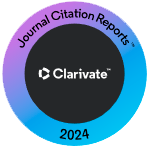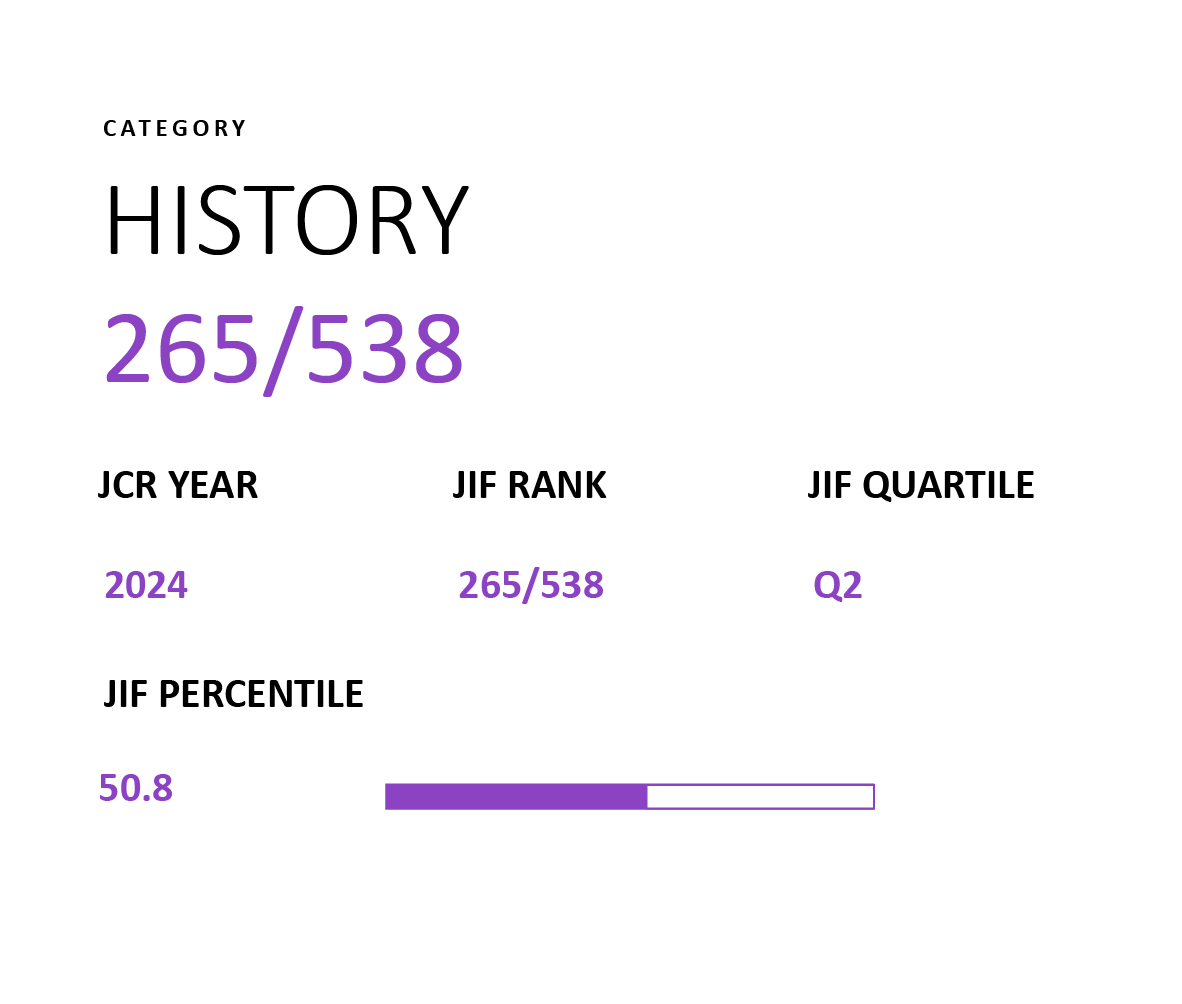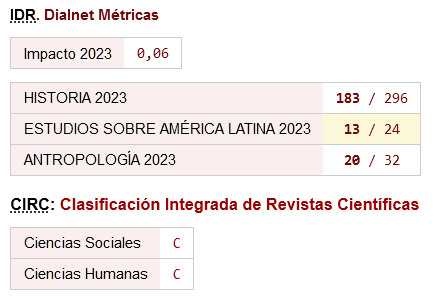Ex-combatant Voices at the End of War:
FARC-EP Iterations after the Signing of the Peace Accord in Colombia
DOI:
https://doi.org/10.46661/americania.6502Keywords:
Ex-combatants, Reconciliation, Social interaction, FARC-EP, Armed conflictAbstract
This article seeks to better our understanding of the experiences FARC ex-combatants following their interaction with police officers at the end of the armed conflict in Colombia. Methodologically, a case study was conducted in which seventeen former combatants participated, one on one, in quasi-structured interviews. The results indicate shared perceptions, emotions, and actions revolving around four central concerns: respect for differences; fear and distrust; identification with the adversary; and redefining the enemy. Findings illuminate views on reconciliation based on the construction of social relations that promote different national scenarios than those left by the Colombian conflict.
Downloads
References
Bloomfield, David, Barnes, Teresa y Huyse, Luc (eds.), Reconciliation after Violent Conflict: A Handbook, International Institute for Democracy and Electoral Assistance (IDEA), Estocolmo, 2003.
Bloomfield, David, "Clarificando Términos: ¿Qué Podemos Entender por Reconciliación?", en CINEP/Programa Por la Paz (ed.), Reconciliación. Perspectivas y aportes conceptuales para su Comprensión, Consejo Latinoamericano de Ciencias Sociales, Bogotá, 2015, 11-30
Centro de Pensamiento UN, "Caracterización Comunidad FARC-EP. Resultados generales". Universidad Nacional de Colombia, 2017, http://pensamiento.unal.edu.co/cp-paz/acompanamiento-dialogos-de-paz/censo-farc/ (Consultado el 11/02/2022).
Galtung, Johan, "After Violence, Reconstruction, Reconciliation and Resolution", en Abu-Nimer, Mohamed (ed.), Reconciliation, Justice, and Coexistence: Theory and Practice, Lexington Books, Lanham, 2001, 3-23.
Hernández Sampieri, Roberto; Fernández Collado, Carlos y Baptista Lucio, Pilar, Metodología de la investigación, McGraw Hill Education, México DF, 2010.
Oettler, Anika y Rettberg, Angelika, "Varieties of reconciliation in violent contexts: lessons from Colombia", Peacebuilding, 7, 2019, 329-352. https://doi.org/10.1080/21647259.2019.1617029
Oficina del Alto Comisionado para la Paz-OACP, Acuerdo Final para la Terminación del Conflicto, 2016, http://www.altocomisionadoparalapaz.gov.co/legalidad-convivencia/pedagogia/difusion-acuerdo-final (Consultado el 08/02/2022).
Rettberg, Angelika, Ugarriza, Juan, "Reconciliation: A comprehensive framework for empirical analysis", Security Dialogue, 47, 2016, 517-540. https://doi.org/10.1177/0967010616671858
Rosoux, Valérie, "Reconciliation and the Ambiguities of Transitional Justice", Droit et Societe, 3, 2009, 613-633.https://doi.org/10.3917/drs.073.0613
Sanandres, Eliana, Protección y Reconciliación. Un análisis de la experiencia de la Policía Nacional de Colombia durante el Cese al Fuego con las FARC-EP, Policía Nacional de Colombia, Bogotá, 2019.
Sanandres, Eliana y Molinares, Ivonne, "Ideas y creencias sobre la reconciliación desde el sector de seguridad: el caso de la Unidad Policial para la Edificación de la Paz en el contexto del posacuerdo en Colombia", Revista Criminalidad, 62, 2020, 159-173.
Tropp, Linda (ed.), The Oxford handbook of intergroup conflict, Oxford University Press, New York, 2012.https://doi.org/10.1093/oxfordhb/9780199747672.001.0001
Downloads
Published
How to Cite
Issue
Section
License
Copyright (c) 2022 Eliana Sanandres, Ivonne Molinares Guerrero

This work is licensed under a Creative Commons Attribution-NonCommercial-ShareAlike 4.0 International License.
Unless otherwise indicated, all contents of the electronic edition are distributed under a "Creative Commons Attribution-NonCommercial-ShareAlike 4.0" (CC-BY-NC-SA) licence. (CC-BY-NC-SA). You can consult the informative version and the legal text of the licence here. This must be expressly stated in this way when necessary.
In any case, the authors retain all rights to the published texts.










